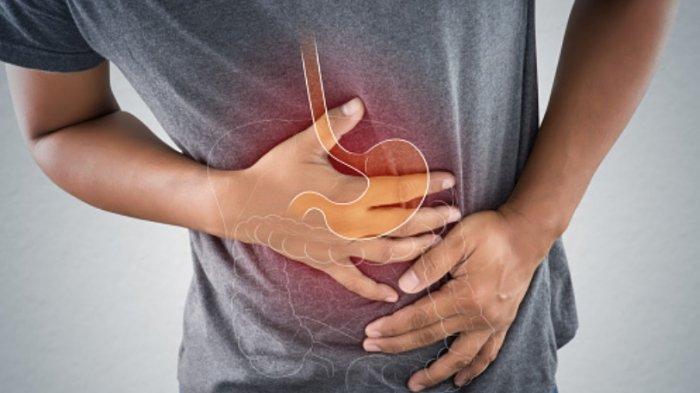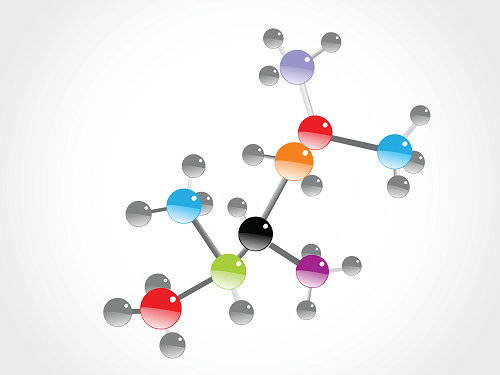Stomach Acid (HCL) and Colloidal and Ionic Silver
Ingested colloidal silver products enter the stomach and mix with the stomach acid before being absorbed in the small intestines. Stomach acid is hydrochloric acid (HCL). To determine how the stomach acid affects colloidal silver products’ antibacterial effectiveness, we asked the scientists at EMSL to design a test protocol that would simulate the effects of stomach acid on two types of silver products colloidal and ionic silver.

HCL Testing Results
The scientists at EMSL laboratories tested an ionic silver solution and a high particulate colloidal silver for bacteriology effectiveness after being exposed to HCL of 3600 ppm, a typically present concentration in the stomach. The tests were performed using 1% dilutions of the product directly from the bottle, representing a reasonable concentration that could be generated in vivo (in the bloodstream). The study was conducted as a challenge test against Escherichia coli (E.coli) bacteria.
The study clearly shows that the ionic silver product’s effectiveness was substantially reduced as a result of being exposed to stomach acid. In contrast, the colloidal silver product remained effective against the bacteria.


